E! News
Dr Akinwumi Adesina Explains The Solutions For Nigeria’s Economic Problems.
Low-income Continent to a Wealthy Africa: Akinwumi Adesina’s Timely Insights on Industrialization and Wealth Generation.
Despite the potential wealth and abundance of resources at the disposal of the African continent, the region has continually failed to advance its economic development and is strongly synonymous with poverty. One may wonder at the reason for this disparity.
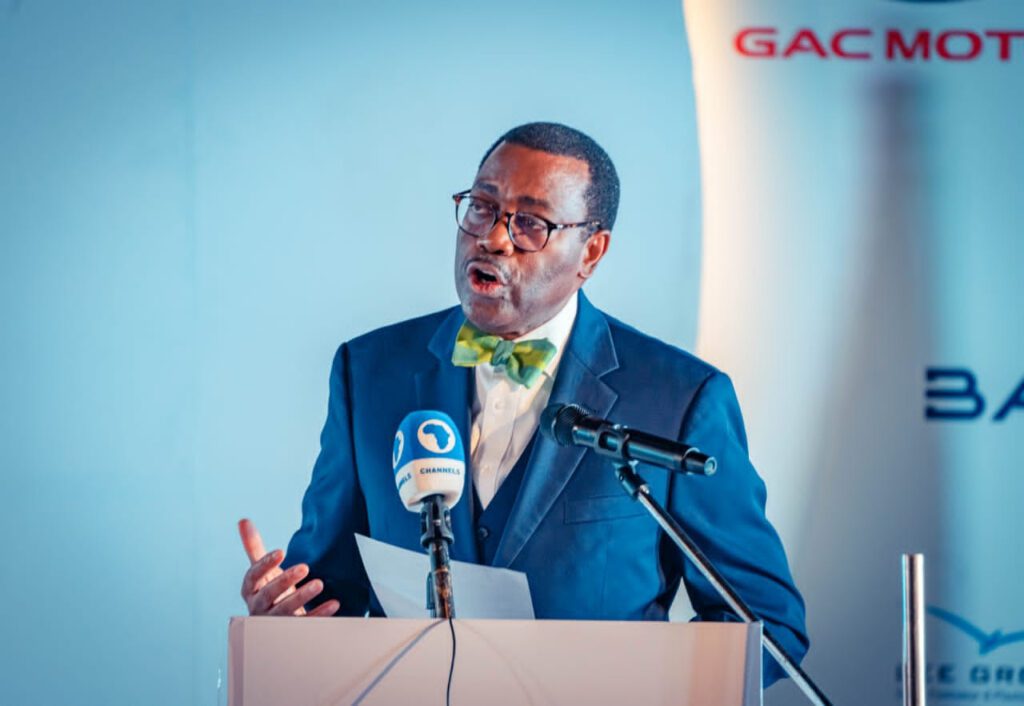
Dr Adesina made this pronouncement during a keynote lecture titled “Overcoming Binding Constraints to Comparative Manufacturing for Interregional Trade” at the 49th Annual General Meeting of the Manufacturers Association of Nigeria (MAN) on the 26th of October 2021, in Abuja. The lecture, which focused on Africa’s bottlenecks towards industrialization, highlighted a few points such as uneven border policies, foreign exchange and perfectionism as necessary to be addressed.
In reference to a statement by the first-ever president of MAN, Chief Adeola Odutola, Dr Adesina re-iterated: “industrialization is the way out for Africa. The continent lacks industrial manufacturing, which is visible through the fact that African countries impose low tariffs when exporting raw materials but face stiff costs when importing value-added products. It is the reason the price of Cocoa will always fall but not the price of a Starbucks coffee… the reason cotton prices continue to fall and not the price of apparel or clothing”, he said.
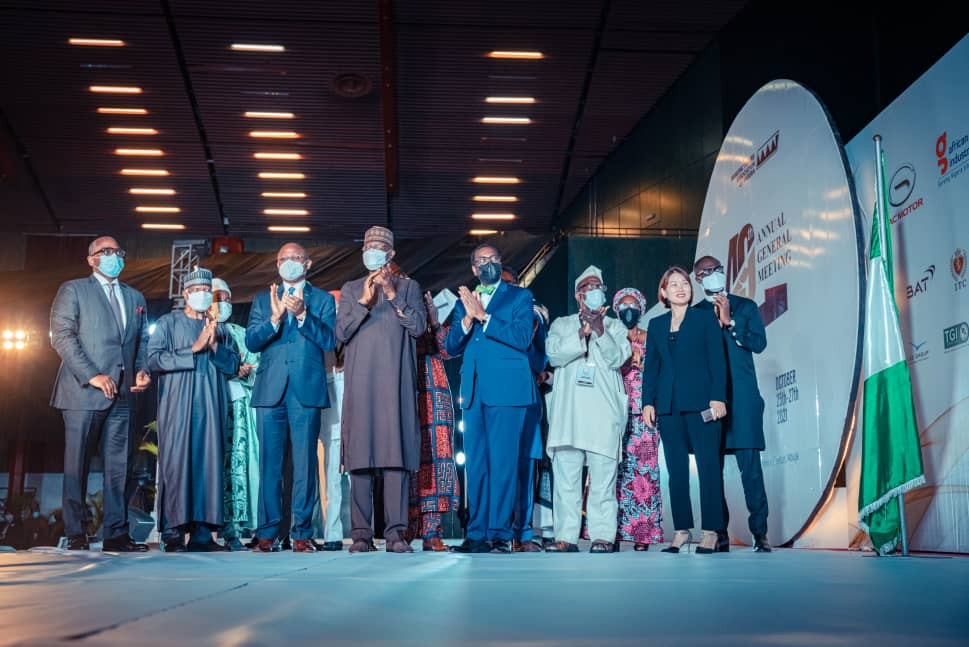
However, this cannot continue to be the case. “Oil will finish, the industry will remain”, and what this means is that Africa must bridge the gap between being an underdeveloped society and a developed economy – it must become sustainable by investing in the manufacture of indigenous products that add more value to its GDP. Also offering solutions to elevate the imbalance in wealth among African countries, Dr Adesina advised industrialists to pipe down on raw materials export and intensify local production.
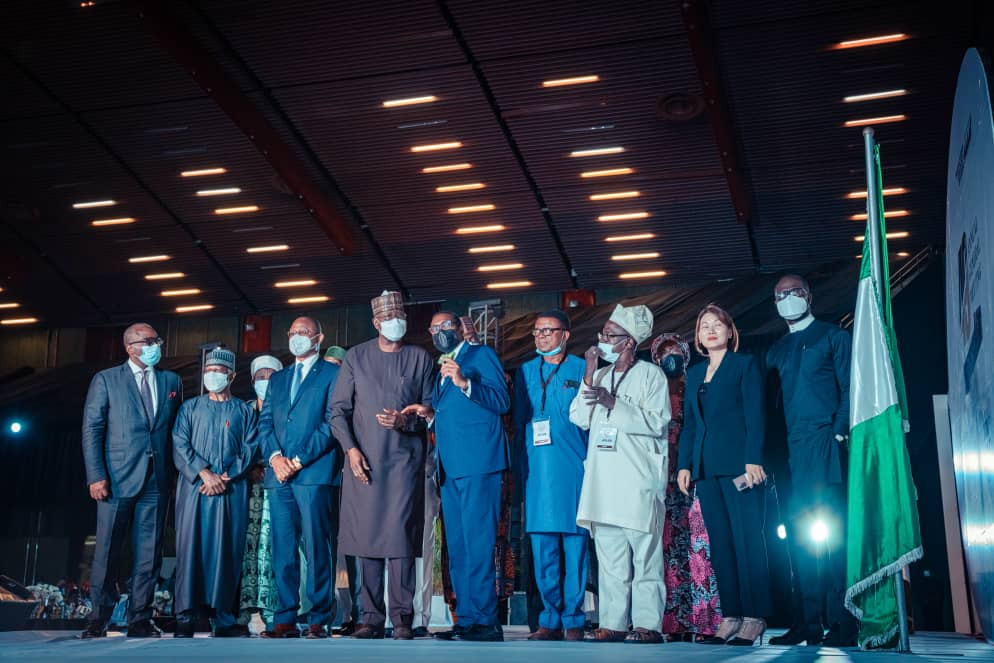
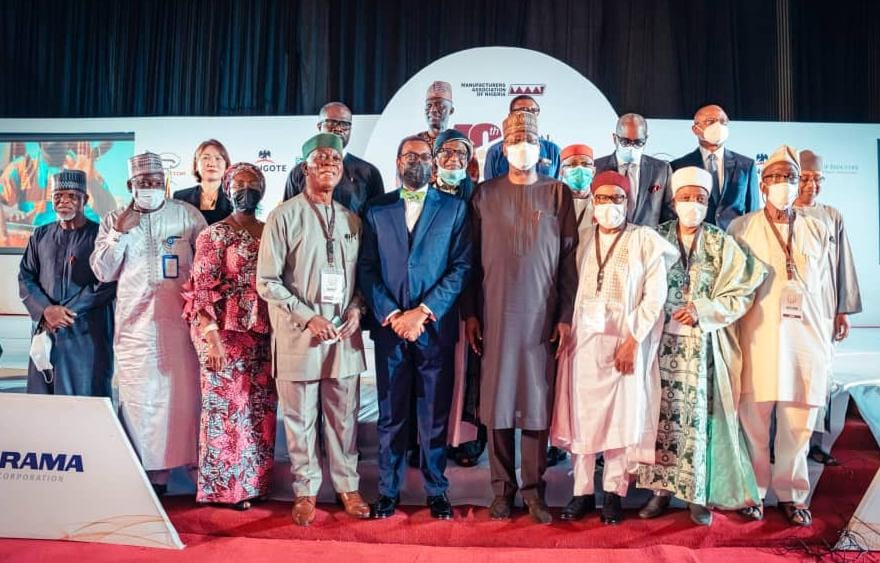
Despite various opinions that revamping industrial manufacturing with the right policies, framework, infrastructure, logistics, and financing framework, powered by a highly-trained dynamic and useful workforce can earn a country like Nigeria ten times what it currently earns from oil, Dr Adesina also suggested the establishment of industrial digital skills academies and link them to universities and technology innovation hubs across the world.
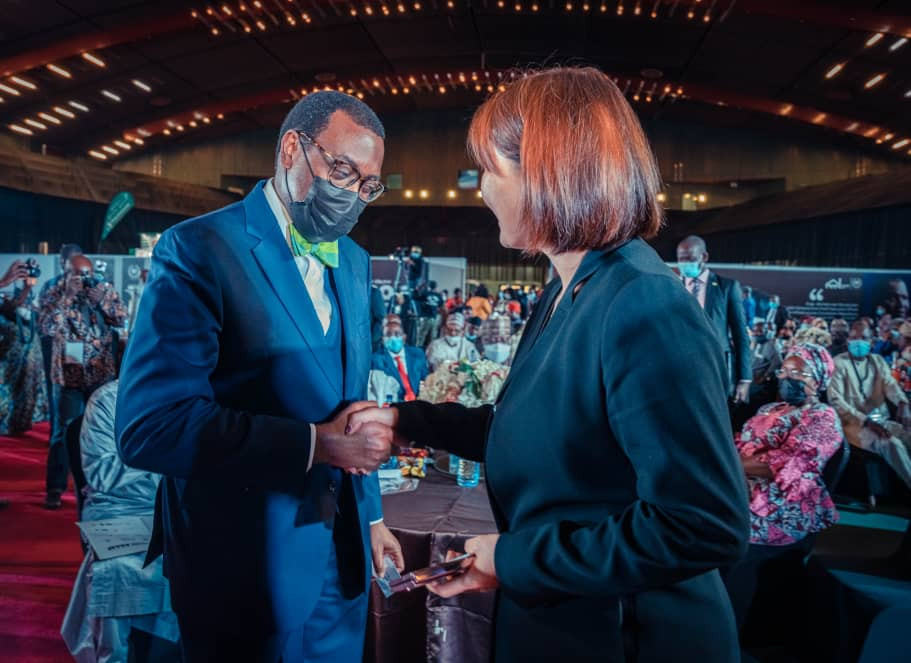
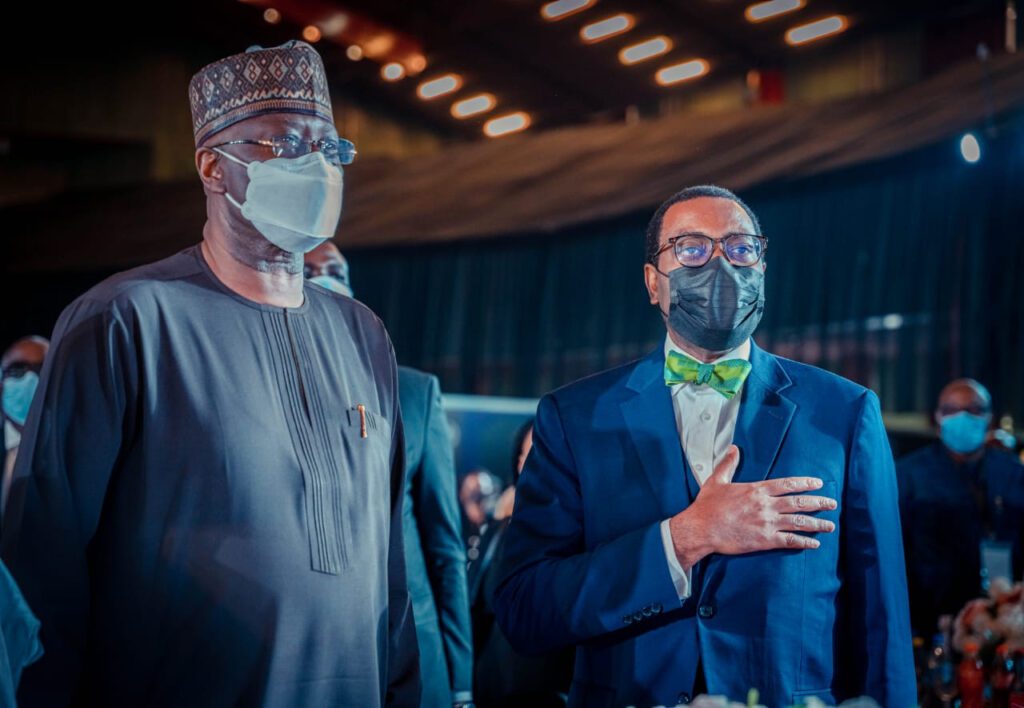
In conclusion, and in what he tagged as a step in the right direction towards wealth creation within the African continent, the lecture extolled Chief Adeola’s words by highlighting that “there are other ancillary services and problem areas like A – Inadequacy of industrial plots, B – Water supply, C – Bad condition of roads in many estates, D – Inadequate sanitation and waste disposal services, E – More warehousing facilities – that are worth stressing because they are vital to economic development”. He adjudicated that these areas must be addressed for industrialization to be achieved, as they are still largely missing today.